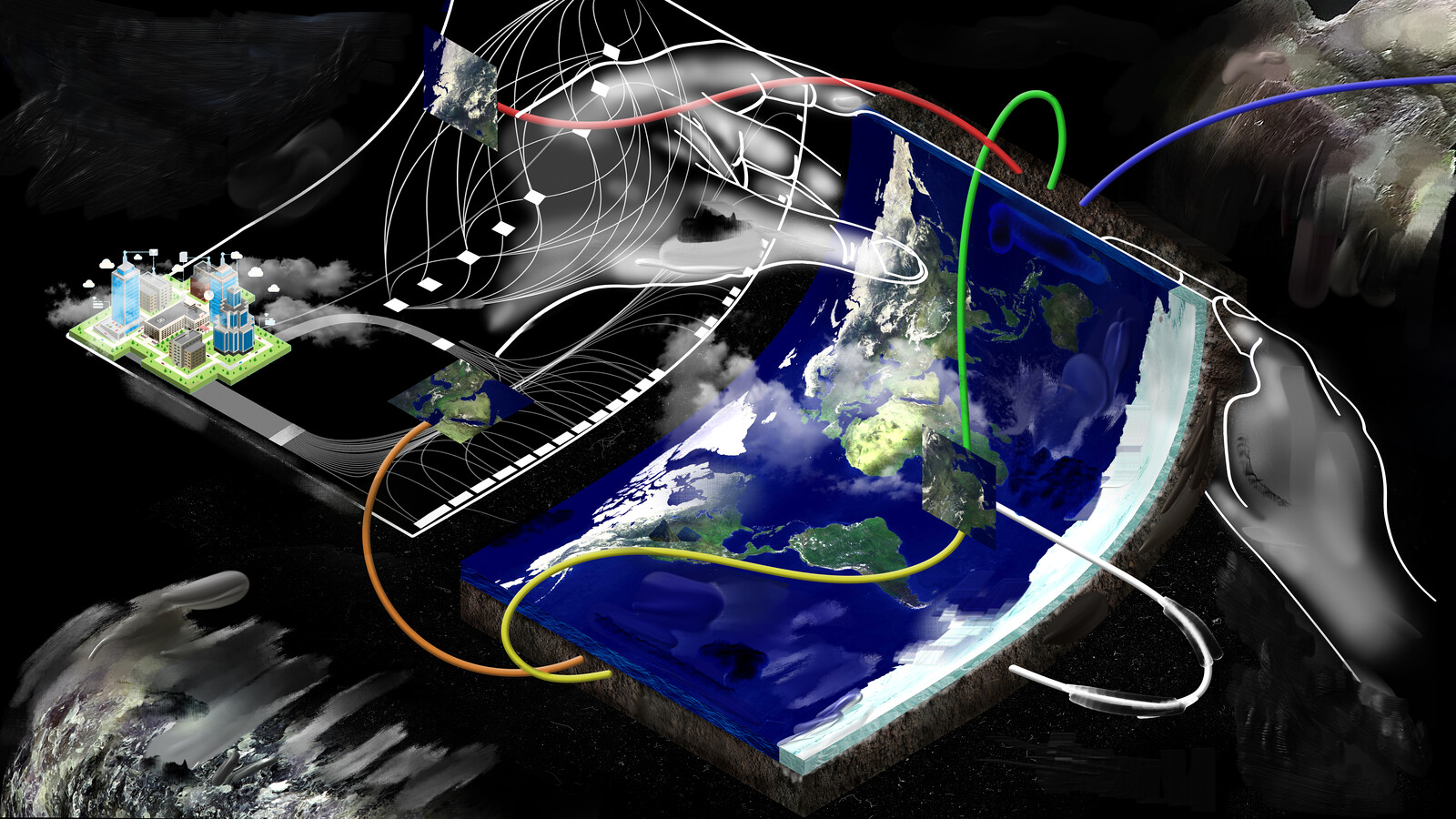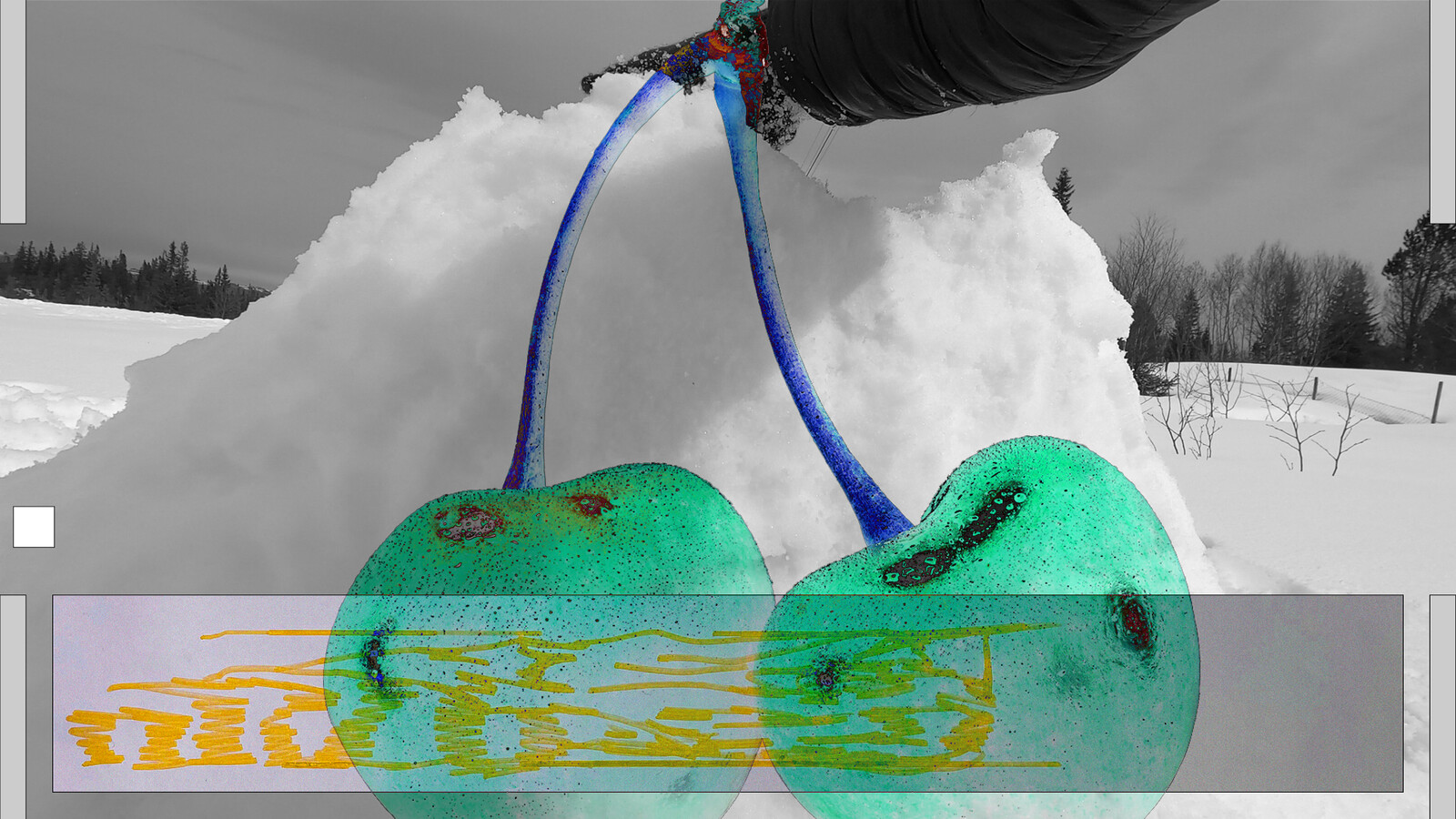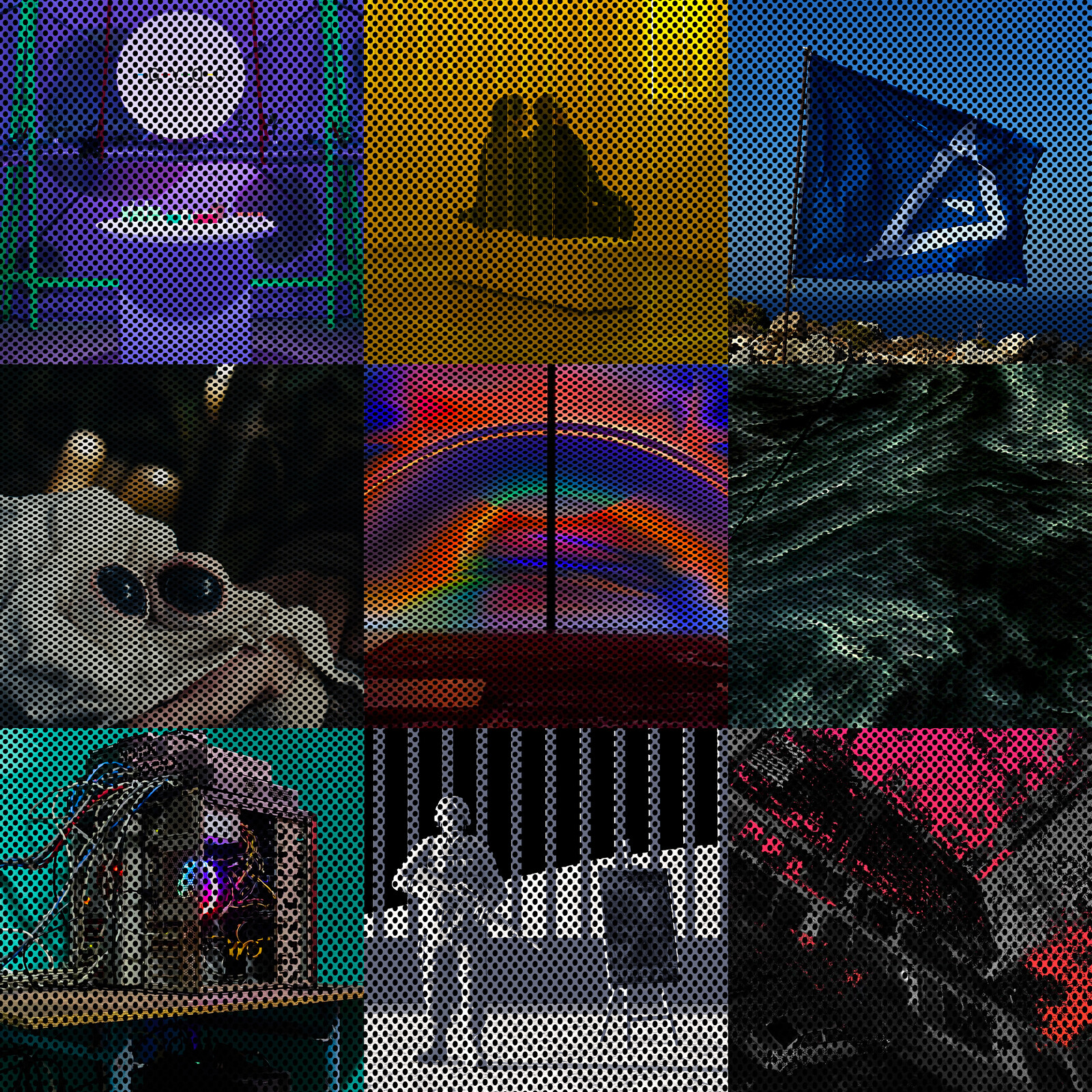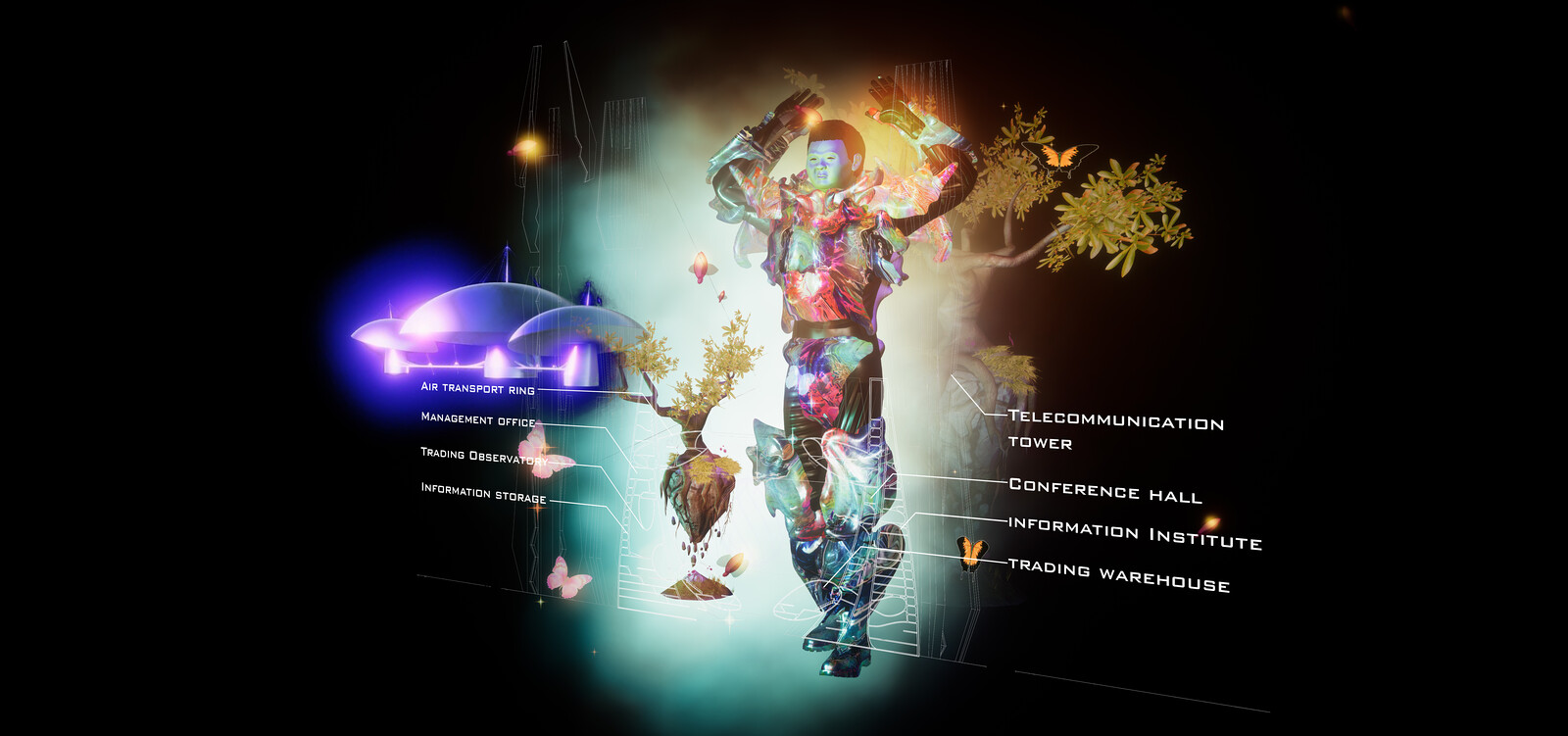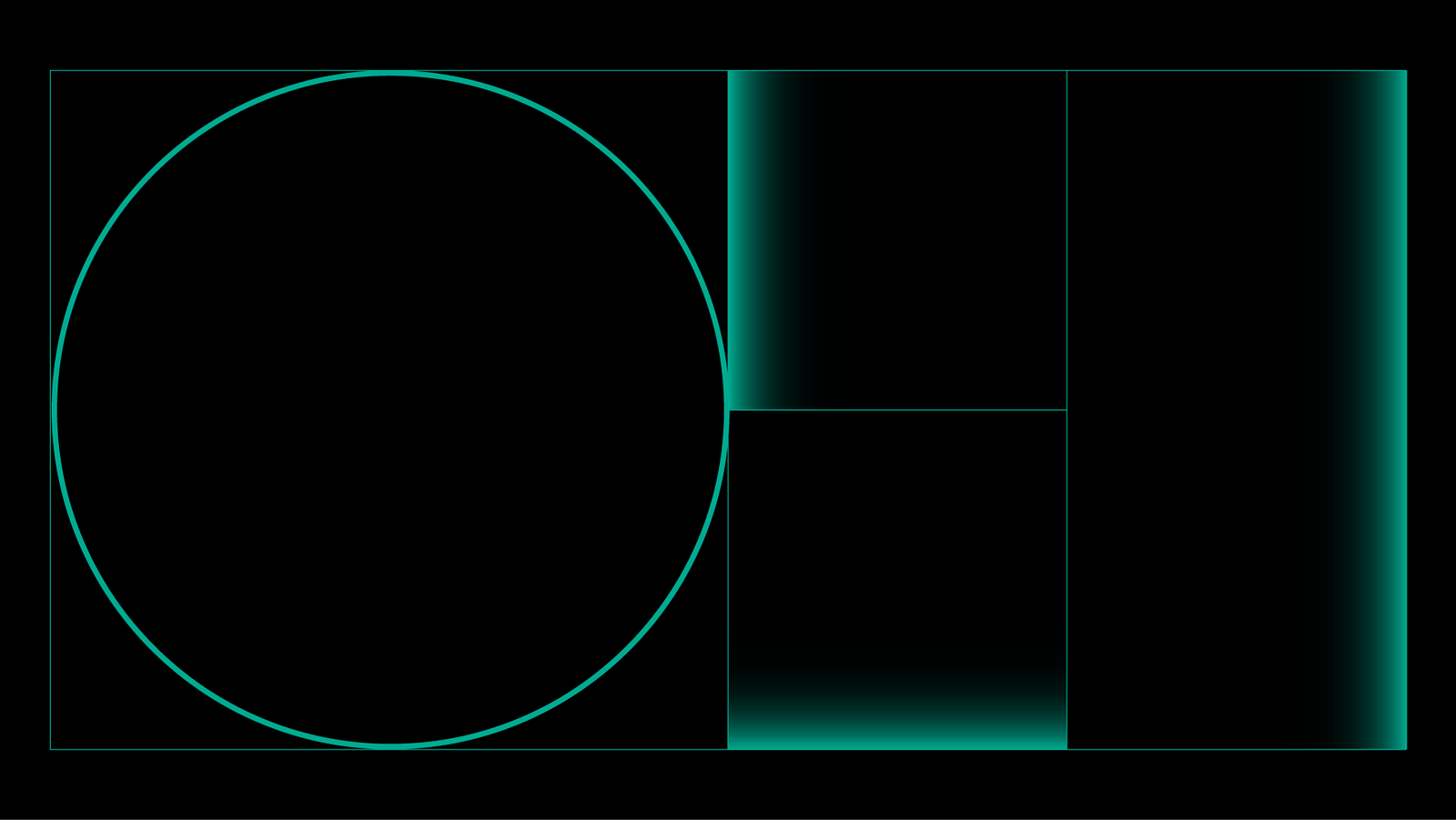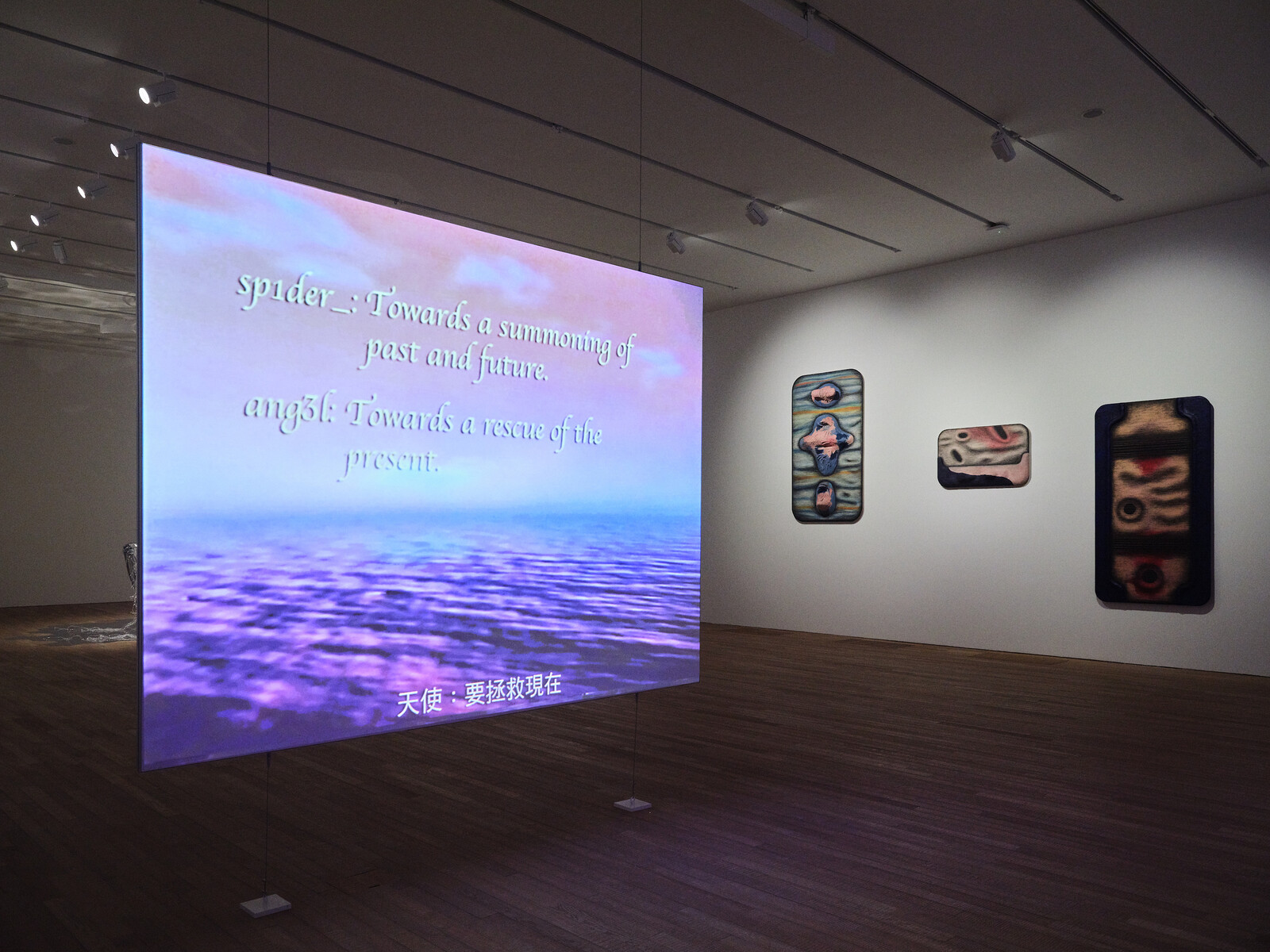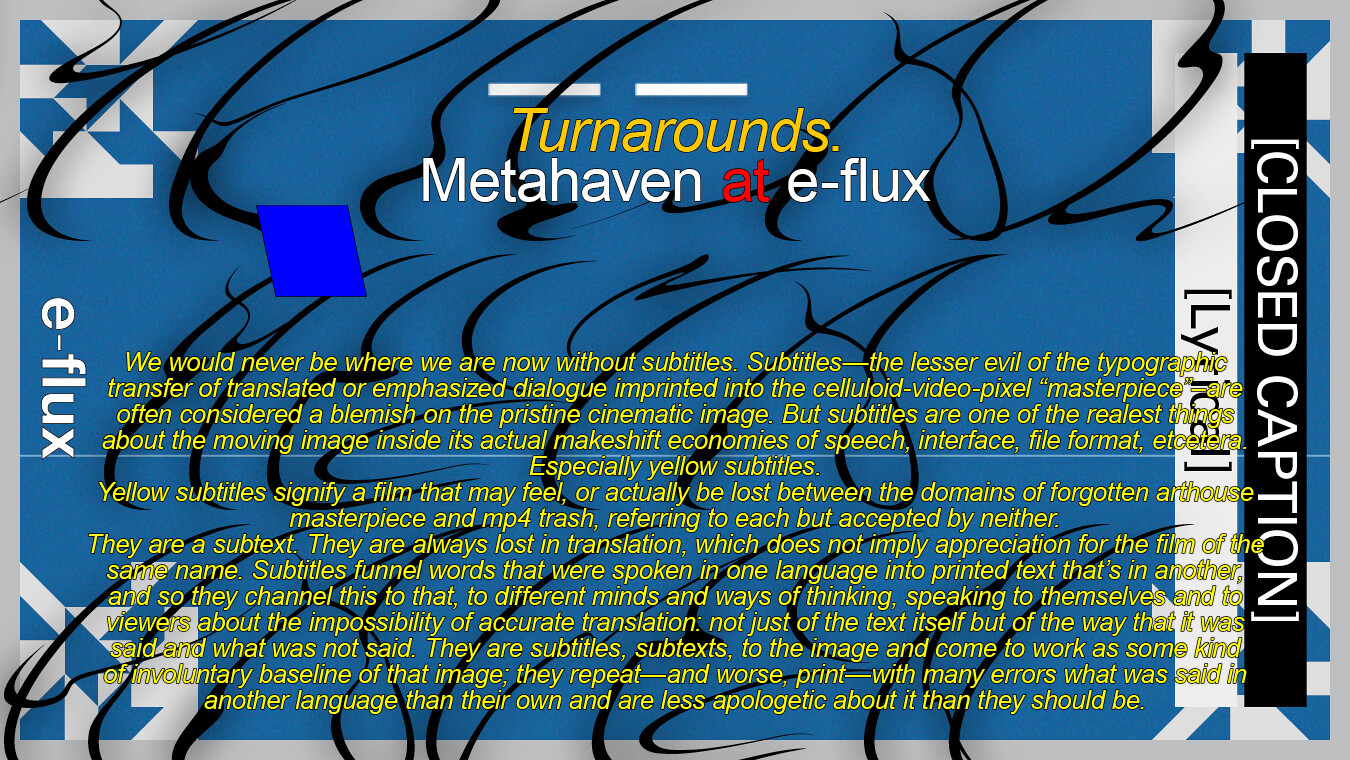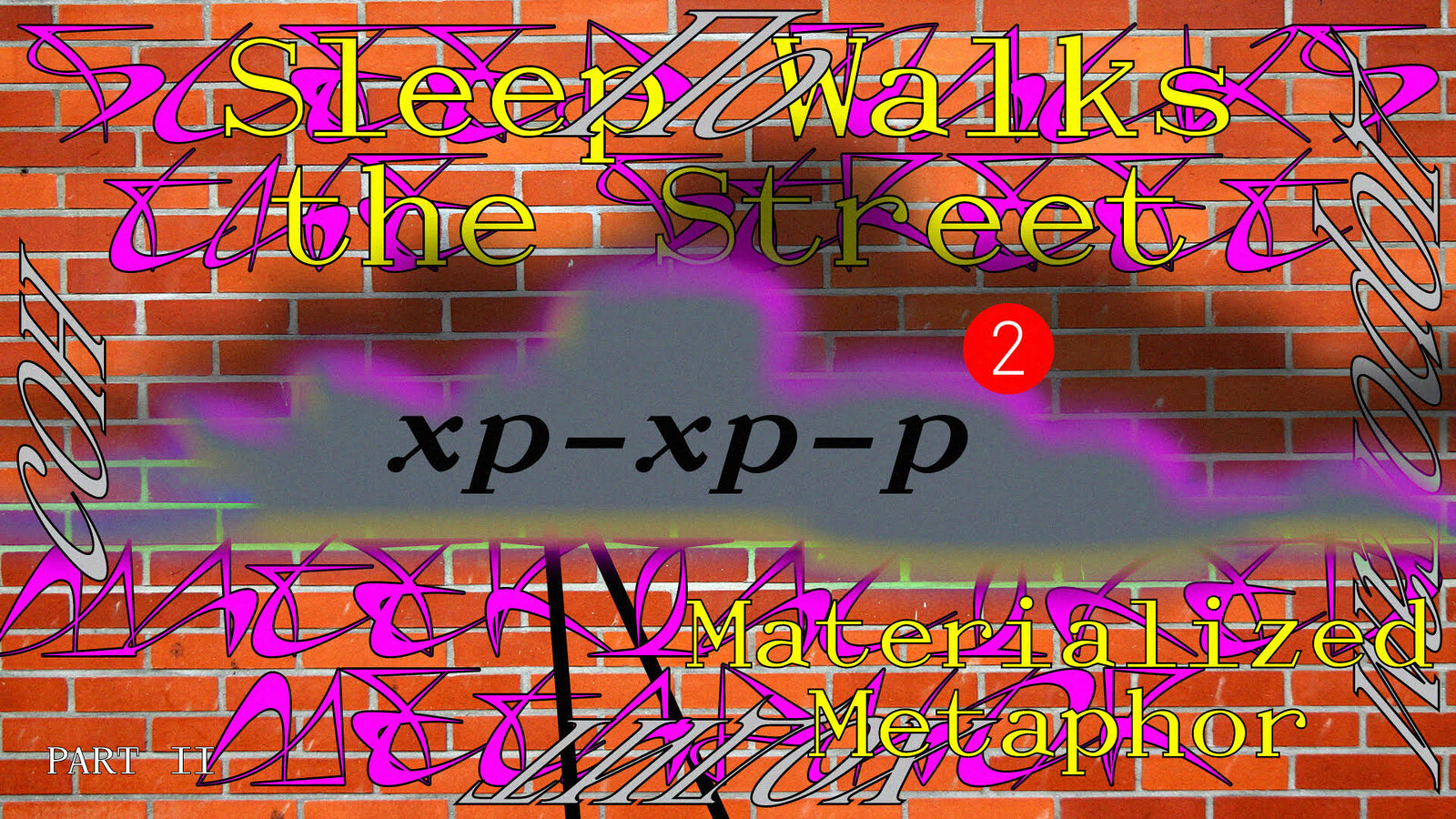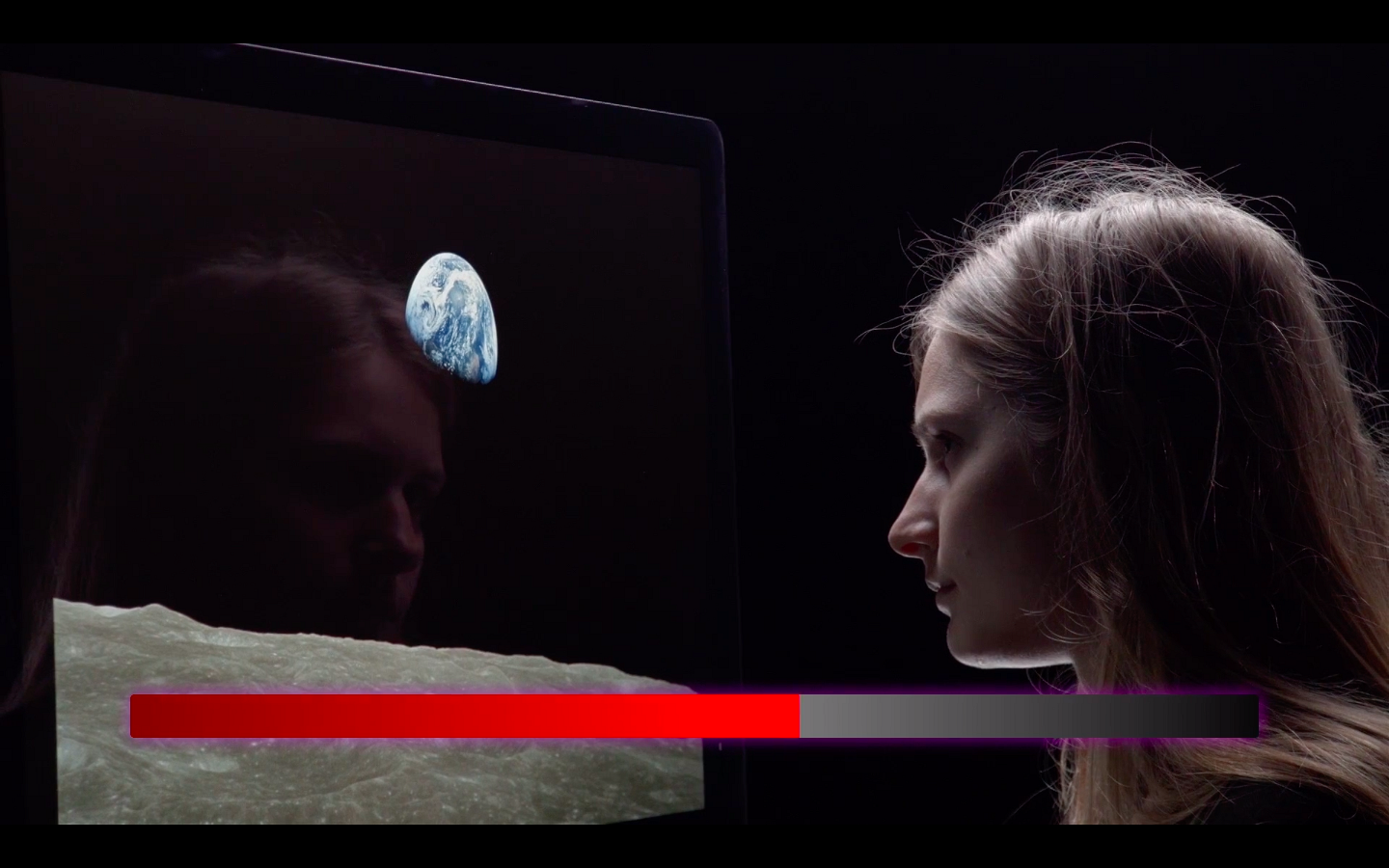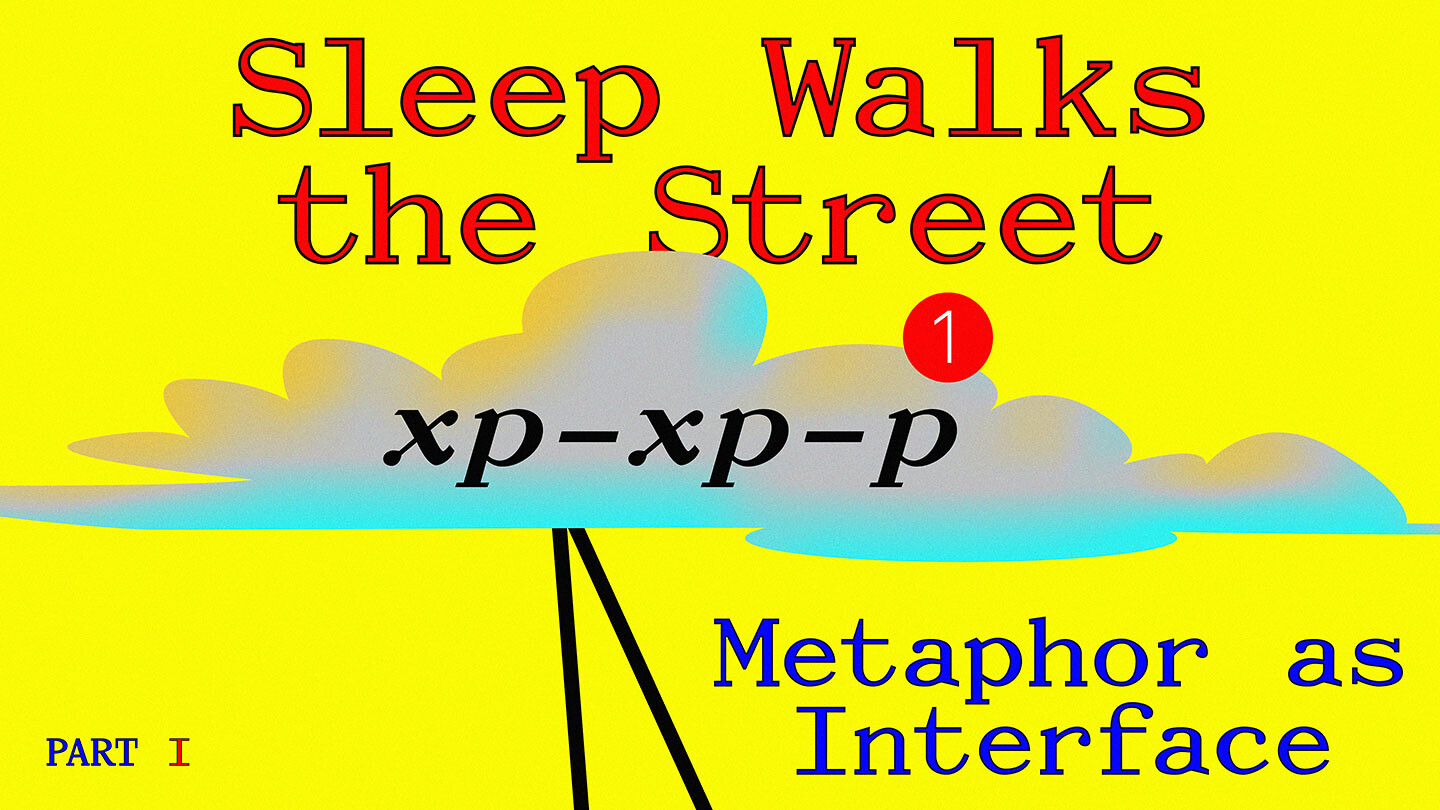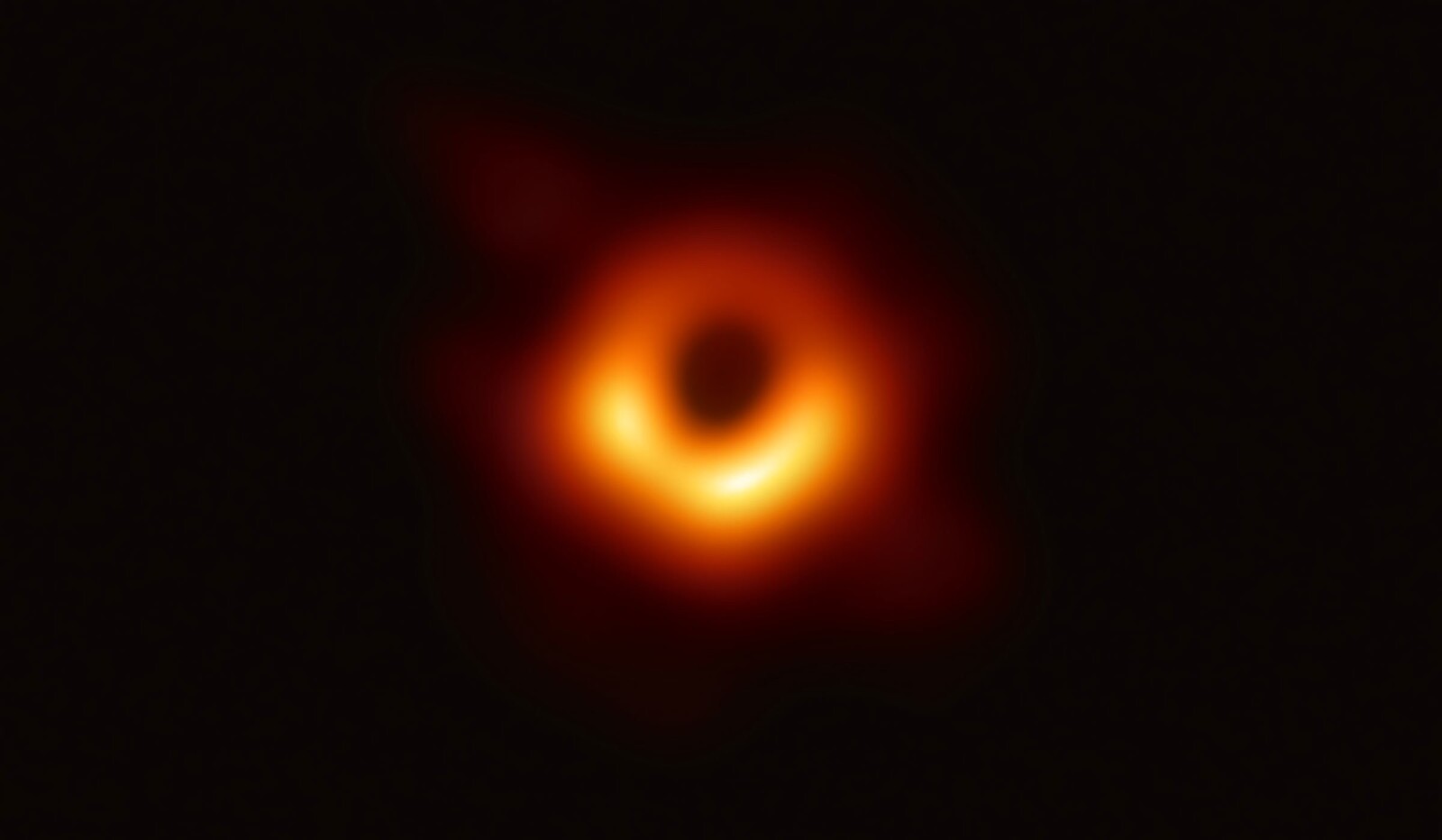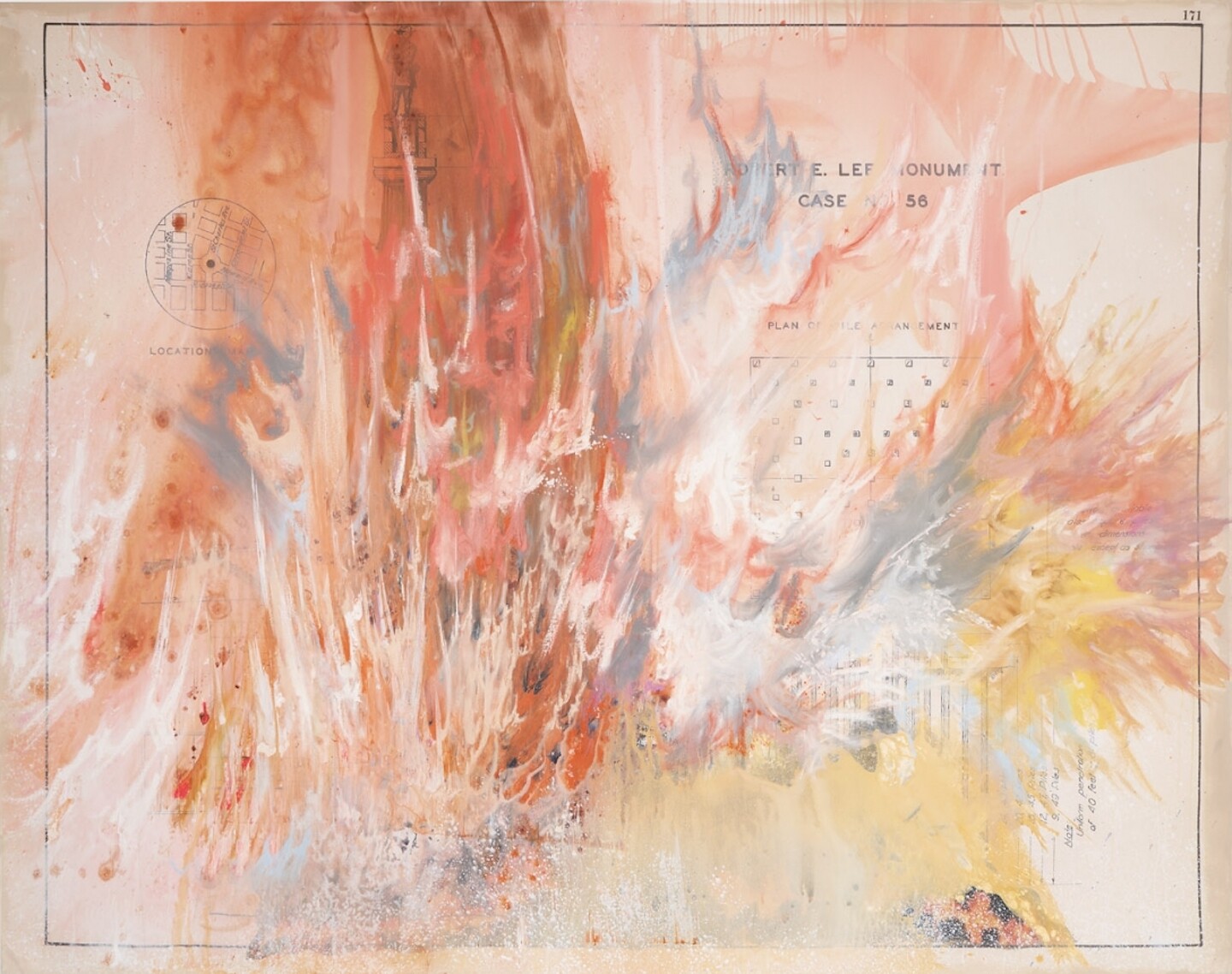Metahaven Read Bio Collapse
The work of Metahaven consists of filmmaking, writing, and design. Films by Metahaven include The Sprawl: Propaganda About Propaganda (2015), Information Skies (2016), Hometown (2018), and Eurasia (Questions on Happiness) (2018). Recent solo exhibitions include “Version History” at the ICA London (2018), and “Earth” at Stedelijk Museum Amsterdam (2018). Recent group exhibitions include “Ghost:2651” Bangkok (2018), the Sharjah Biennial (2017), and the Gwangju Biennale (2016). Recent publications by Metahaven include PSYOP (2018, edited with Karen Archey), and Digital Tarkovsky (2018).
Turnarounds. Metahaven at e-flux
Why should we talk about absurdism today? The citation about Daniil Kharms falling asleep a citizen of St. Petersburg and waking up a citizen of Petrograd, then Leningrad the next day, provides one reason. For readers today, a story like this may bring to mind Brexit, a lived reality in which we do not know which geopolitical constellation we will be waking up in tomorrow, and in which the epistemic indeterminacy of its day-to-day reality is itself an instrument of power. Absurdism was an art form that emerged in the context of a similarly explicit sense of political uncertainty. And yet, absurdism is not parody. Indeed, absurdism is not a category that itself belongs to the absurd.
New York Premiere: Metahaven, The Sprawl (Propaganda About Propaganda)
One of the things that “absurdism” did was to undermine the expediency of all language that was meant to be believed simply because it was uttered. This is still unwelcome politically, whether it is the “realism” of official Soviet aesthetics, the “promise” underlying a financial product, or the “organic truth” of Nazi ideologists like Alfred Rosenberg, or indeed whether it is the memes, metaphors, and allegories of the far and populist right that freely borrow from their ideological predecessors: all of these doctrines and “interfacial regimes” rely on believing their own performative phraseology. This is true whether such regimes are messy or systematic, whether centrally imposed or adopted as part of news cycles, troll and bot attacks, hashtags, likes, and retweets. Klemperer writes that the Third Reich, with its permanent accumulation of “historic” events and “momentous” ceremonies, was “mortally ill from a lack of the everyday.”
Metahaven, Information Skies




